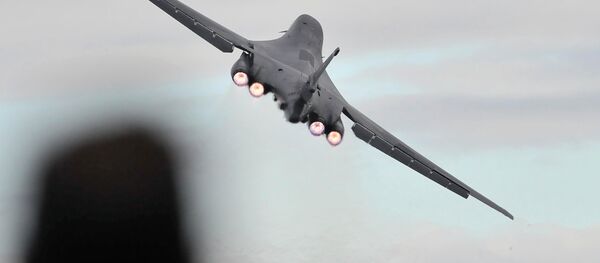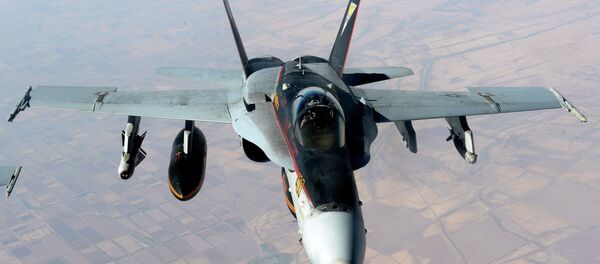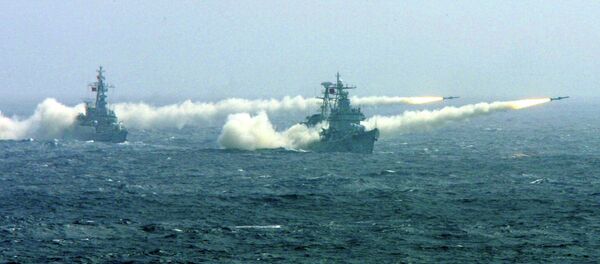The US-led rapid military buildup in Southeast Asia is unlikely to discourage China from realizing its plans in the South China Sea, but will only lead to a dangerous arms race in the region, noted Sean O'Connor, a researcher at the Council on Foreign Relations, warning the United States against bolstering its military foreign sales in the region.
"What Washington must recognize, however, is that foreign military sales have unintended consequences. With more capabilities and vessels deployed in the disputed territory, a small skirmish could ignite an all-out crisis," the researcher noted.
Furthermore, Japan may soon sell its sophisticated submarines to Australia. The Philippines are currently mulling a possible purchase of stealth frigates, anti-submarine helicopters and guided missile fast track craft with the help of Washington's financing. Taiwan has signaled that it is ready to deploy its new P-3C Orion maritime patrol aircraft, obtained from the US, in order to conduct operations in the South China Sea, Sean O'Connor highlighted.
According to Sean O'Connor, the only way for Washington to reduce the potential risk of collision in the rapidly militarized region is to outline a new strategy.
The expert insisted that instead of encouraging new military sales the United States should focus on creating an information-sharing center in the South China Sea region in order to establish high-level communication between all sides.
Regardless of the fact that establishing an information center alone is unlikely to resolve the problem soon, it will be a step in the right direction, the researcher emphasized.





